Children have not been left out of the Trump administration’s campaign against undocumented immigrants. Deportation without parents’ consent, family separation, obstacles to being taken in by sponsors and the elimination of legal representation in court for children who arrived in the United States unaccompanied are some of the government’s recent initiatives targeting minors.
And now, the “welfare” of such children is the focus of a Department of Homeland Security campaign involving several agencies, including the FBI, which consists of unannounced visits to the homes of undocumented children to check that they are not being abused or exploited. Typically, the checks involve between four and six agents, sometimes armed and in plainclothes, who knock on the doors of homes to interview minors and their families.
“These welfare checks are planting fear, panic and confusion among children and family members around the country. Numerous minors have been subjected to deportation proceedings after such checks, which are by definition a tactic of migratory control,” says Jason Boyd, vice-president of federal policy for the organization Kids in Need of Defense.
Advocates for impacted minors say that the real objective of these “welfare checks” is actually to find more undocumented migrants, both children and adults, in order to deport them. In two months, 100 children have been removed from their homes and placed under federal custody after the family members they live with were detained or deported, according to a federal official interviewed by the Associated Press who wished to remain anonymous.
“I have no peace,” Juan, a Honduran immigrant who was the sponsor of a teen niece who crossed the U.S. border on her own a few years ago, told the Honolulu Civil Beat.
Last month, upon coming home from work, his neighbors informed him that U.S. Immigration and Customs Enforcement agents had come to look for him and his niece. Now, Juan and his family — his three children, who were born in the United States, attend school in South Kona, Hawaii — leave home at dawn and stay out until night falls. His niece no longer goes to school.
Boyd says that various KIND clients who have experienced welfare checks are afraid to attend school or show up for court dates because they fear that participating in the immigration system or other official procedures could lead to consequences, including their deportation or that of their family members.
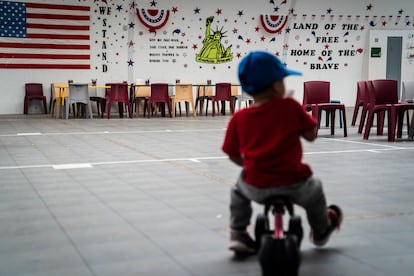
In Hawaii, several deportation cases have been documented that were the consequence of a welfare check. Questions have been asked of minors that include how they arrived in the United States, if they attend school and where, if they work, where they work and what kind of job they do, in addition to asking them for information about their parents and others with whom they are currently living.
When minors arrive on their own to the United States, they are transferred to the Office of Refugee Resettlement, where they remain until a sponsor takes over their custody. That can be their own parents already living in the United States, other family members or, as a last resort, people who are not in their family. In all situations, checks are carried out to make sure that children are in safe living situations, though these are often not rigorous enough to ensure their welfare, experts say.
Through March of this year, 23,784 children who arrived unaccompanied have been turned over to sponsors. Last year’s total was 99,381, having decreased from that of the previous three years.
Fear tactics
In addition to contributing to the largest number of deportations in history, enforcement of which is one of Trump’s stated goals, critics say that welfare checks help to spread terror among potential sponsors.
“They want to instill fear so that the community becomes distressed and says, ‘Oh my God, if we sponsor a minor, they’re going to come to our house, find the undocumented people and deport us!’” says Gladis Molina, executive director of The Young Center. Her organization provides support to minors who cross the border unaccompanied and who have to file paperwork for requesting asylum.
Molina says that one of the children that they assist (whose name is withheld for their protection) was transferred from Hawaii to a migrant detention center in California after their older sibling, who had been their caretaker, was deported following an unannounced welfare check. The child, who is Honduran, was sent back to the same detention center they left over a year ago, where they will continue their immigration process.
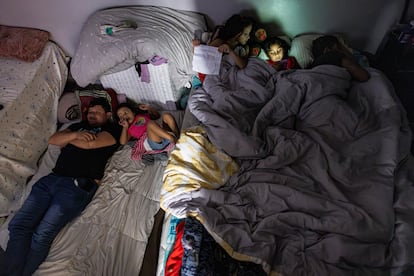
Molina says that many of the children whose sponsors are detained are transferred to migrant detention centers, instead of being turned over to local authorities and facilities designed for minors.
The Department of Health and Human Services posted on X last month that, “ORR is digging through nearly 65,000 reports of concern about unaccompanied alien children — most ignored, many dismissed — each one a missed chance to protect a child. This isn’t just paperwork. This is a systemic failure of the Biden administration. It is children’s lives put at risk.” It added: “The Trump administration WILL NOT look away. The system may have failed before, but not on our watch. We’re rebuilding trust, restoring accountability, and putting children first — exactly where they belong.”
Sexual exploitation
A high-ranking official gave AP an example of a man in Cleveland who pretended to be a 14-year-old girl’s brother and arranged for her to travel from Guatemala to the United States. Neither his fingerprints nor DNA were analyzed to verify his claim. The man was declared guilty of having sexually assaulted the minor in an Ohio state court in 2024 and was sentenced to eight years in prison.
The trafficking of minors and labor and sexual exploitation are risks faced by migrant children both on their way to the United States and when they arrive at their final destination. Still, advocates say that prior cases do not justify this kind of welfare check.
“I’m not going to say that these cases can’t happen, but if they do, it’s like 0.1% of all situations. They’re not the majority of cases, that’s the first thing,” says Molina. “Number two is that these situations should be identified before a minor is placed with a sponsor. And number three, what we’re seeing is that people think federal officials are going to come to their homes to deport them. That makes them go into hiding and creates more vulnerable situations.”
A crackdown on children
The crackdown on unaccompanied minors has been carried out on several fronts. Funding has been cut by the government to organizations that defend them, leaving some 26,000 children without legal representation. This is another area in which the Trump administration’s actions have been erratic, first restoring and then canceling one program altogether.
A judge ordered that funding be maintained to prevent children from appearing alone in court. But already, the anxiety and fear of facing trial solo has caused harm to minors.
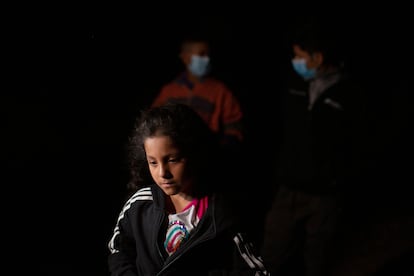
“Children lose hope for reuniting with their loved ones in the United States and getting a fair chance for seeking legal protection in the country. That despair has led, in many cases, to children voluntarily leaving the United States and returning to their countries of origin, despite the dangers they face there,” says Boyd.
Funding for legal services is only guaranteed until September, and there are serious doubts as to whether it will continue after that. Requirements to sponsor a minor have also been tightened, making it more difficult for them to be reunited with parents and other relatives. As a result, the average time children spend in shelters under ORR custody was more than 200 days in April, up from 64 days six months earlier.
Sign up for our weekly newsletter to get more English-language news coverage from EL PAÍS USA Edition

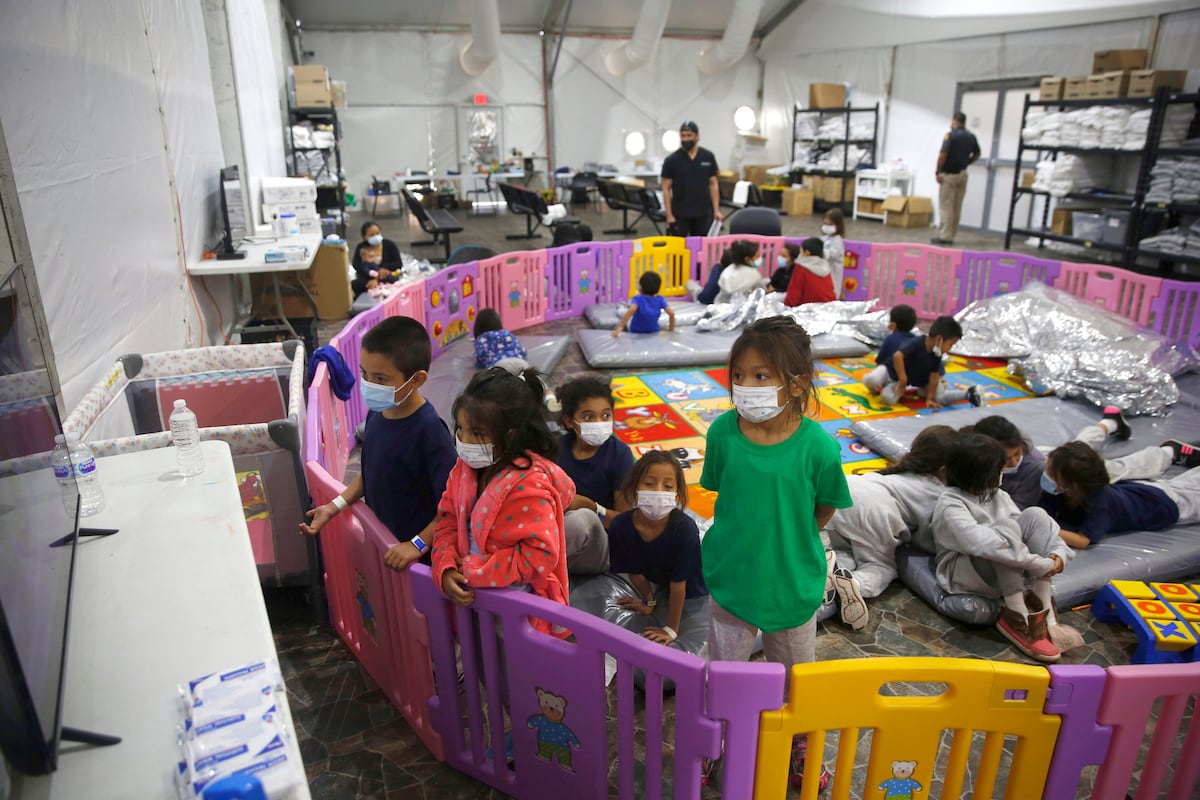

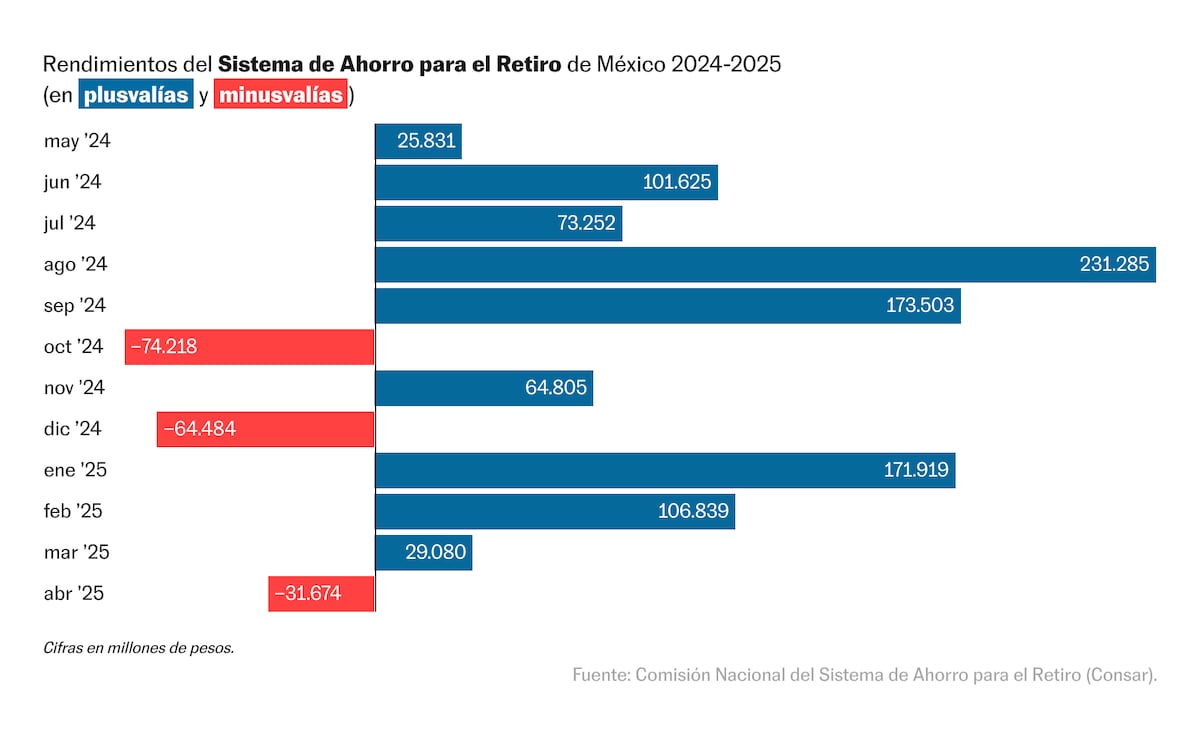



Comentarios